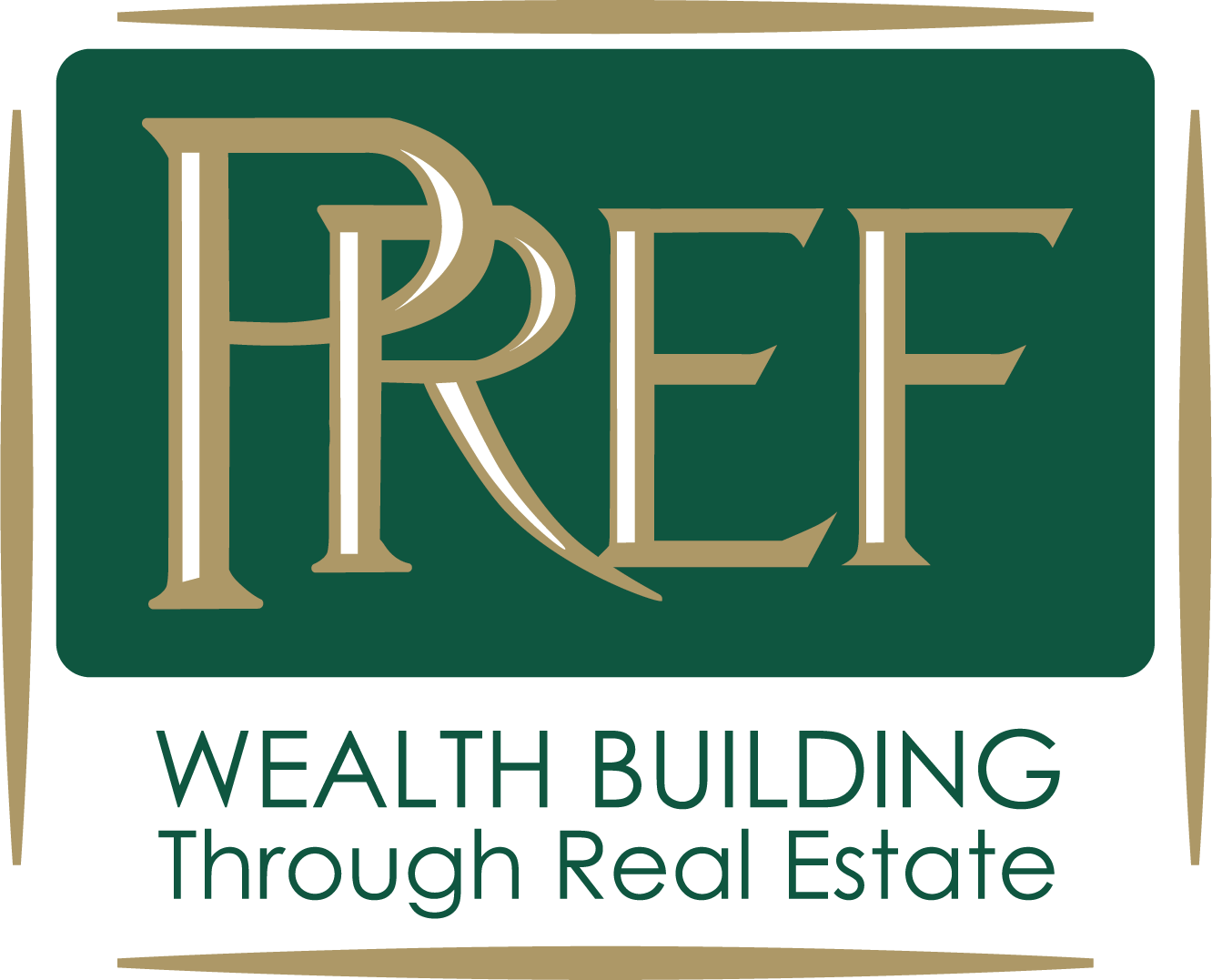Investment Strategies for Real Estate Cycle Phases
Recently, I’ve taken an in-depth look at the real estate cycle and its phases.
The first blog in this series defined the real estate cycle phases. The second blog described the unique aspects of the recent recession and recovery. And the latest blog described crosscurrents impacting the current recovery. In this blog, I offer investment strategies for the different phases of the real estate cycle.
While I’ve said this before, it is worth repeating. Before making investment decisions, you must always consider:
- Your personal situation
- Your objectives
- Your risk tolerance
Post Market Peak/Recession
Strategy
Stay out of the market. Fundamentals are declining, and although prices are starting to look cheap, you don’t know how bad it will get. Better to be a little too late than too early.
Risk
You miss out on some good buying opportunities.
Early Recovery
Strategy
This is the best time to be a value-add buyer. Prices and incomes are still depressed, but the market is headed in the right direction. Still feeling the downturn’s sting, investors and lenders are hesitant to enter the market. In this phase, you get in, create value and get out.
Risk
The risk is not knowing how long it will take for the values to recover and where they will end up. Properties that have been neglected might require considerable capital enhancements. Be certain to avoid short-term debt.
If you have guts and do not need immediate income, entering the market at this stage is worth the risk.
Mid-Cycle
Strategy
This phase is a happy place—you earn nice income, but some upside in the deal remains. Growth and income are more balanced. Financing options are better, and you have more flexibility to be either a short- or long-term holder.
Risk
There’s not much risk in this phase. Just be aware of properties that still look like great bargains—they’re cheap for a reason, and it might not be a good one.
Mature Market
Strategy
A long-term, income-oriented investment strategy should be pursued. If you buy in a mature market, you are buying for cash flow because there’s little appreciation left. So, borrow conservatively, be content with modest returns and maintain a long-term focus.
The only upside available in the market is in new developments, which are highly risky. If you purchased property earlier in the cycle and have a stable asset, then consider selling and take your profit.
Risk
Be careful not to overleverage. Valuations and rents are high and might not be sustainable. Declining fundamentals could jeopardize your loan, and you could lose your property.
Stan’s Approach
At PREF, we are always aware of where we are in the cycle and carefully consider how a property’s profile matches up with the cycle (i.e. will leases expire during a market downturn).
It is easy to get excited in a mature market when it looks like prices and incomes will continue to increase. But keep in mind, the music always stops.
Do you agree or disagree with the investment strategies for the RE cycle phases I have presented here? Why or why not?



